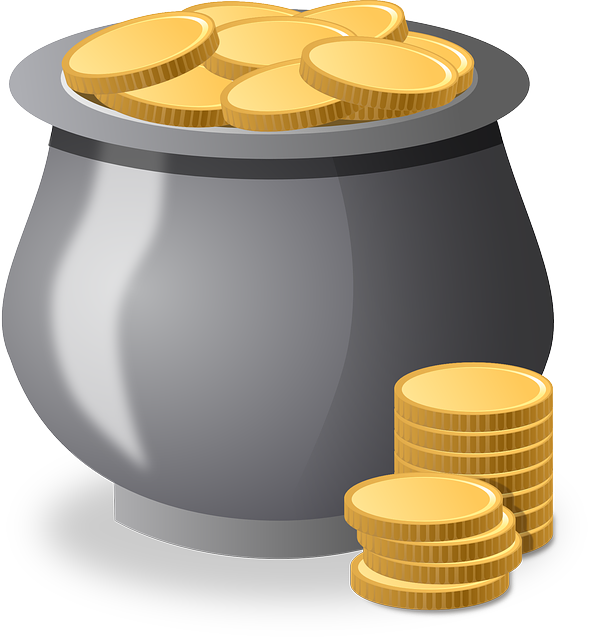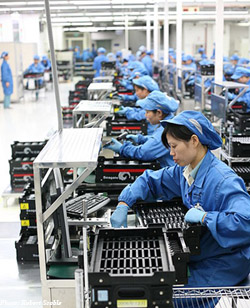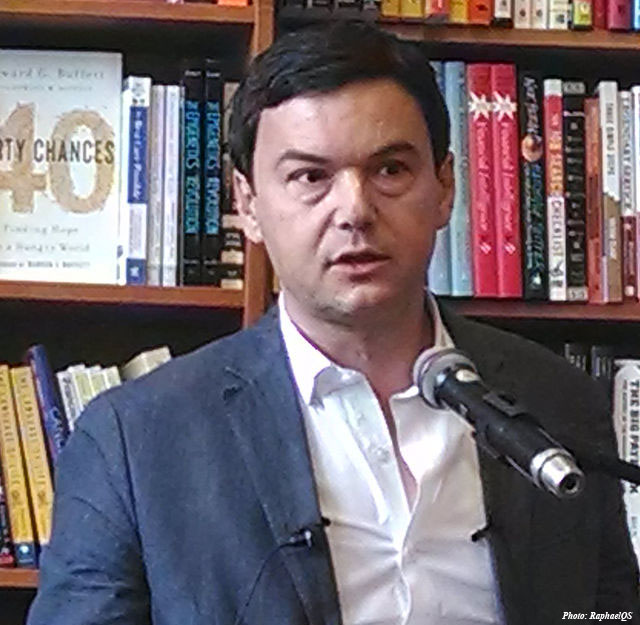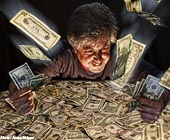The Smartphone: A Double-Edged Sword
Technology, the work-saving redeemer of previous centuries, seems to be backfiring. As workers become more dependent on the modern equivalent of the steam engine, the smartphone, one should presumably find more time for recreation, rest and family interaction. After all, machines were meant to make work easier and free up time. Nevertheless, a tool can … Read more












